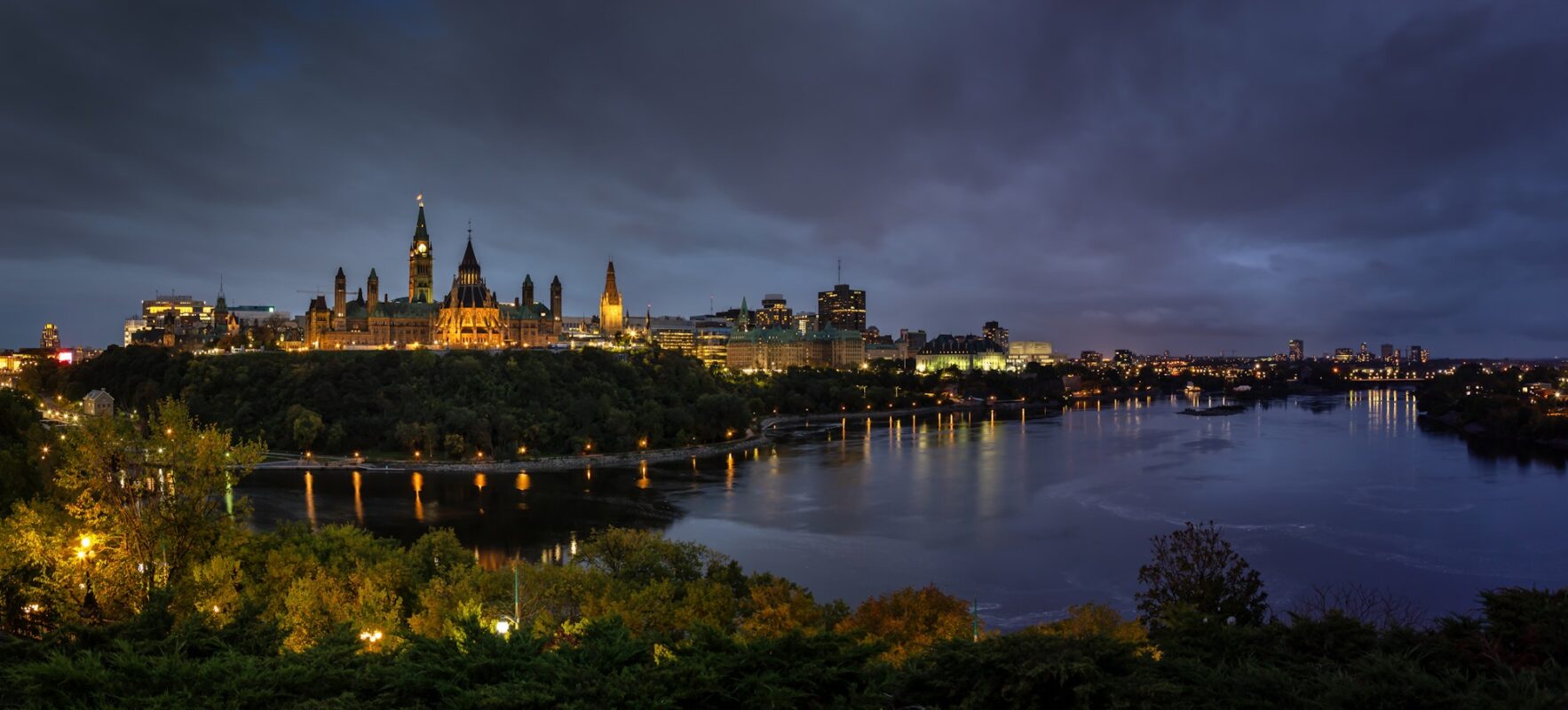
May 29, 2007
From the Lake Ontario Waterkeeper web site (and thanks to Meg Sears for signaling it), dated May 28, 2007. In several major fights for the protection of greenspace in Ottawa, the federal Fisheries Act has played and continues to play a major role — Leitrim Wetland and the Carp River Floodplain among them:
One of Canada’s most powerful and precious environmental protections could be disarmed during a debate in the House of Commons Tuesday. A new Fisheries Act, known as Bill C-45, is in the midst of second reading. If the Bill passes, it will weaken Canadians’ access to the legal system, diminish corporate accountability, and undermine environmental justice across the country.
Bill C-45 is a complete overhaul of the old Fisheries Act. Gone is the rule that says a community will participate in an environmental assessment if fish habitat is to be destroyed. Gone is the rule that ensures at least one-third of every river is always unobstructed. Gone is the rule that says ships can’t sweep coal ashes into our waterways. Gone are the key definitions that prohibited the deposit of deleterious substances into Canadian waters.
The proposed Fisheries Act takes environmental protection away from citizens and independent courts and concentrates power in the Minister’s office. It abandons rule of law in favour of Ministerial discretion, politicking, and lobbying.
The Act that once pledged to protect fish now protects corporate interests through grants, loans, and insurance programs. It also offers up a new, softer response to serious environmental crimes by allowing “alternative measures agreements” to replace guilty pleas and criminal records – an approach that is radically different from this government’s other crime policies.
By contrast, today’s Fisheries Act says that no one can put toxic substances into waters where there are fish and no one can destroy fish habitat without government authorization. Offenders can be tried in a criminal court and face fines of up to one million dollars a day or jail time if they are convicted. The rules that clarify what “deposit”, “deleterious substance”, or “harmful alteration” have been established through years of independent deliberation. The standards are clear, they apply equally to every polluter, and they equally protect every waterway in the country.
To help you review the proposed changes to the Fisheries Act, Lake Ontario Waterkeeper prepared a twelve-page backgrounder [no longer online] on the changes to habitat protection and pollution prevention provisions in the new Act.
Clean water isn’t supposed to go to those with the most political and economic clout. Legislation isn’t supposed to be written behind closed doors. And the Fisheries Act is supposed to be a source of pride for every Canadian.
To learn more:
our backgrounder [no longer online]
visit the DFO website
contact your local MP
Second reading debate of Bill C-45 is scheduled for the afternoon session of Parliament, Tuesday May 29, 2007.
[Archivist’s note: The Bill became law. Further weakening followed in 2012. The Liberal government, in 2017, restored fish habitat protection. Please go here for more.]
